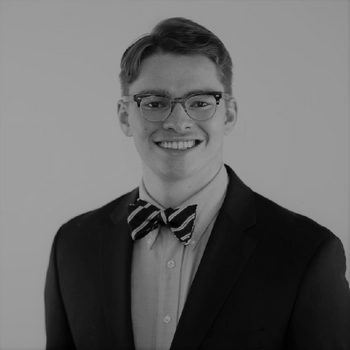School apologizes after media firestorm over prof's 'islamaphobic' test questions
An Arizona Community College Professor was targeted with violent threats in a campaign against him for asking controversial questions about Islam on a quiz.
Scottsdale Community College promised that the professor would apologize but later retracted this promise after the chancellor apologized to him for infringing on his academic freedom.
The chancellor of an Arizona community college district issued an apology Monday to a professor. This comes after a campaign pressured Scottsdale Community College to condemn him for academic speech dubbed “islamophobic” by critics.
Dr. Nicholas Damask, who is a professor and chair of the Scottsdale two-year college’s Department of Political Science, became the subject of controversy after a campaign was launched against him over questions on a quiz about contemporary terrorism.
The three questions on a quiz that drew ire against Damask dealt with certain realities of contemporary Islamist terrorism. One, for example, asked, “where is terrorism encouraged in Islamic doctrine and law?” with the correct answer being “A. The Medina verses [i.e., the portion of the Qur’an traditionally understood as having been revealed later in Muhammad’s prophetic career].”
The other questions under scrutiny were “Who do terrorists strive to emulate?” to which the right answer was “Mohammad” and “Terrorism is _______ in Islam” to which the answer was “justified within the context of jihad.”
A student in the World Politics course complained to Damask, alleging that the questions were “in distaste of Islam,” implying some form of bigotry on the part of Damask, to which he responded, “all quiz questions on each of my quizzes, including the ones in question here, are carefully sourced to the reading material. On this quiz, questions were sourced to the Qur’an, the hadiths, and the sira (biography) of Mohammed, and other reputable source material.”
[RELATED: Stanford prof publicly shamed, censured for using racial slur in academic context]
Despite responding to the student’s complaints in what Frontpage Magazine describes as “two lengthy emails,” an online campaign of harassment against Damask and Scottsdale Community College began. Messages left on the college’s social media accounts threatened Damask’s life and wished for the institution’s destruction, with one message even wishing for a school shooting at SCC.
However, some argue that the community college failed to defend Damask’s right as an academic to free intellectual speech, and the protections his field ought to be extended by higher education administrators. Instead, it caved to the demands of those leaving threats, publishing a since-deleted post on Instagram May 1, promising that Damask would issue an apology to all offended.
Professor Damask remained stalwart in defending his academic rights and didn’t budge on his assertion that information he conveyed in classes was factual and not intentionally incendiary. With the help of a letter from the Foundation for Individual Rights in Education (FIRE,) he prevailed. On Monday, Scottsdale Community College’s interim Chancellor Steven Gonzales issued an apology and statement on academic freedom.
This statement has been posted publicly on the district’s social media and website.
[RELATED: Arizona campus free speech bill unlike anything we’ve seen before]
In addition to apologizing to Damask, the statement announced steps that would be taken to protect the academic freedom of faculty at Scottsdale. Chief among them being the formation of a Committee on Academic Freedom to “champion academic freedom education and training and to resolve academic freedom disputes.”
A statement from Katlyn Patton of FIRE, who helped Damask mount a defense of his academic rights, said on her organization’s website, “colleges can’t take away a professor’s academic freedom rights because they want to stem criticism on social media.” However, she lauded steps being taken by the college’s system to deal with the situation so it doesn’t happen in the future.
Follow the author of this article on Twitter: @Leo_Thuman

